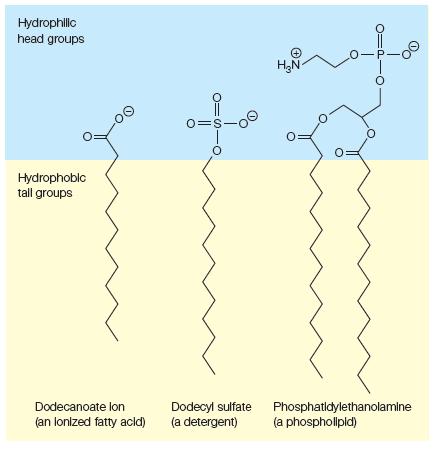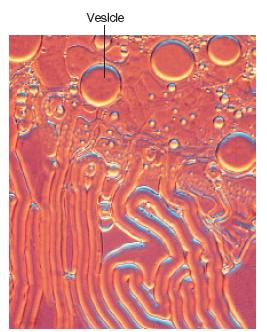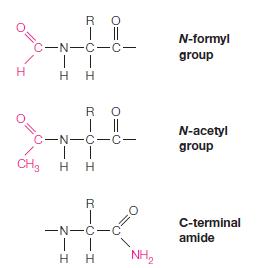Despite the fact that many peptides have critical physiological functions (e.g., as hormones, neurotransmitters, antibacterial toxins), they
Question:
Despite the fact that many peptides have critical physiological functions (e.g., as hormones, neurotransmitters, antibacterial toxins), they are not considered to be ideal as drugs. The following questions illustrate some of the issues that limit the use of peptides as therapeutics.
(a) Insulin is a peptide therapeutic used to manage Type 1 diabetes, which affects more than 20 million people worldwide according to the International Diabetes Federation. A significant limitation to the broad distribution and use of insulin to treat Type 1 diabetes is the fact that it must be administered by injection rather than orally. Why is insulin administered by injection and not orally?
(b) Many of the D-amino acids found in nature have been discovered in bacterially produced peptides that have antibiotic properties. Bacteria secrete these peptides into their environments to kill competitor bacteria and thereby gain a selective advantage. Given your answer to part (a) of this question, what potential advantages might D-amino acids confer to a secreted peptide toxin?
(c) As a class of biomolecule, peptides have low membrane permeability (i.e., few peptides readily cross the membrane bilayer). This limits most peptide-based drugs to targets that are on the surfaces of cells (rather than in the cytoplasm or the nucleus). Review the information in Figures 2.15 and 2.16 and propose a reason that most peptides are not likely to cross the membrane bilayer.
Figures 2.15

Figures 2.16

(d) Does Figure 5.12 suggest a strategy for increasing the membrane permeability of peptides?
Figures 5.12

Step by Step Answer:

Biochemistry Concepts And Connections
ISBN: 9780134641621
2nd Edition
Authors: Dean Appling, Spencer Anthony-Cahill, Christopher Mathews





